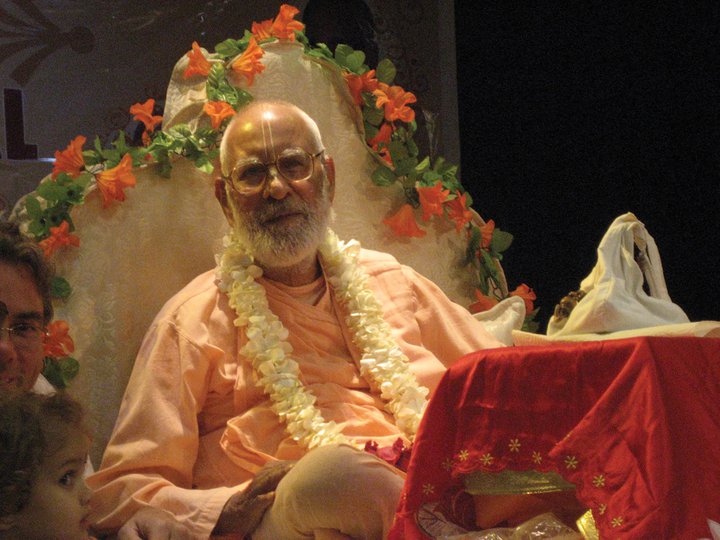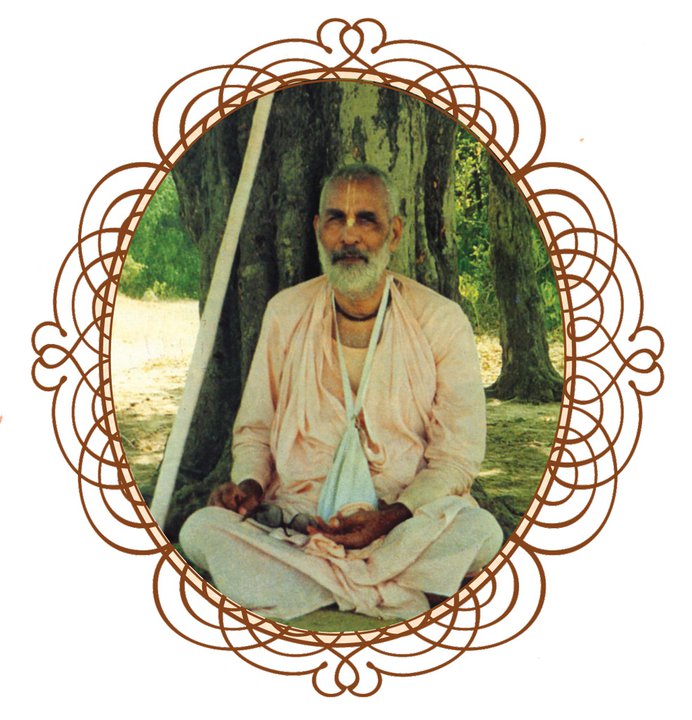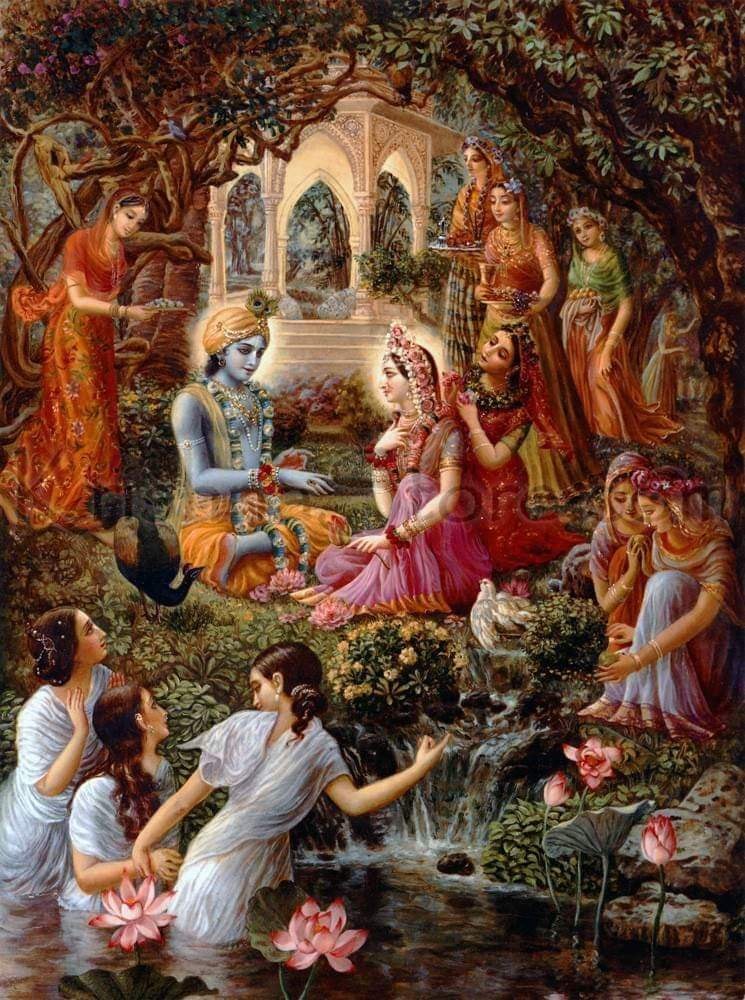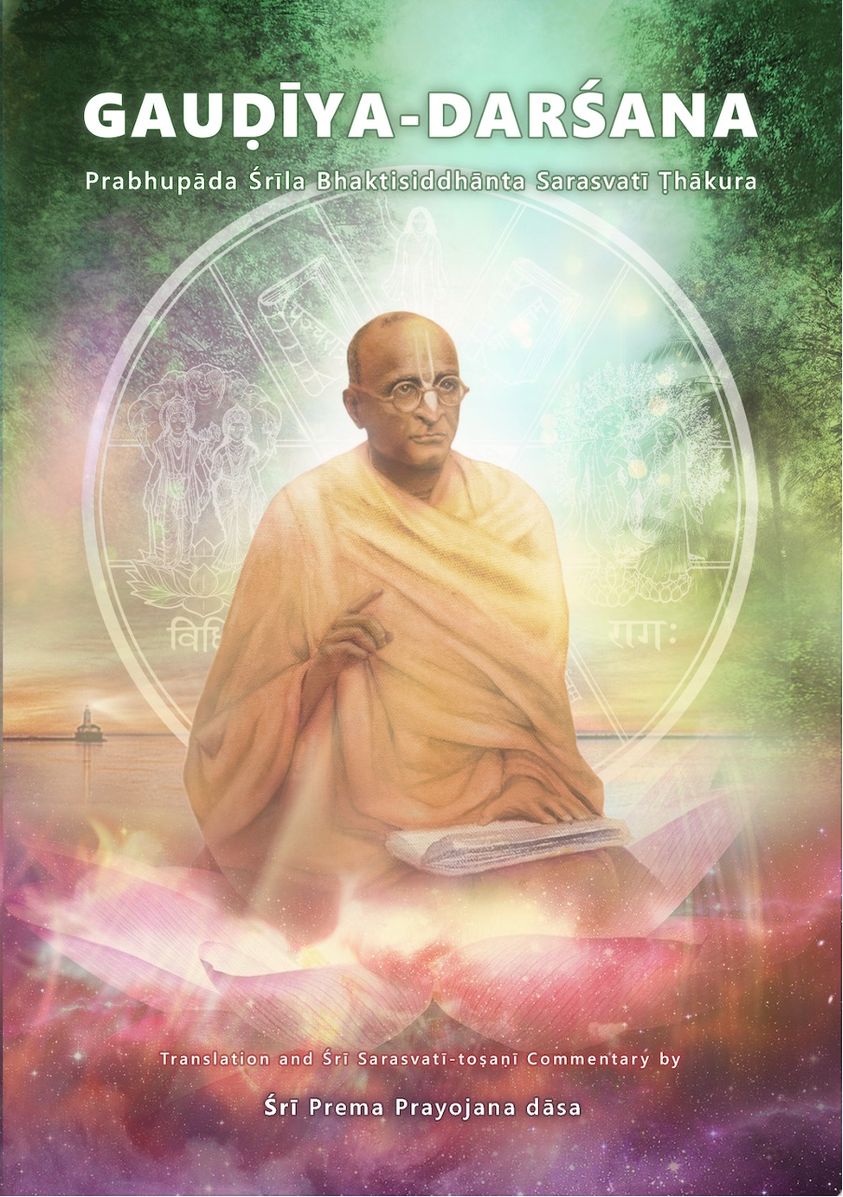Giving up material desires
From Srila Bhaktivedanta Narayana Maharajas
Bhagavad Gita Chapter Two text 71 and Text 72
Translated by Srila Bhaktivedanta Narayana Maharaja.

Bhagavad Gita Chapter 2 Text 71
It is only those who give up all desires and wander free from hankering, false ego and possessiveness who attain peace.
Purport
Some people lose faith in their material desires and no longer enjoy them. Sri Bhagavan is explaining this by speaking this sloka beginning with the word vihaya. Nirahankara nirmamah means that only they attain peace who remain freed from the false ego and possessiveness towards the body and objects related to the body.

Bhagavad Gita Chapter 2 Text 72
O Partha, attaining brahma in this way is called brahmi sthitih. After attaining this state, one is no longer deluded. If, at the time of death, one is situated in this consciousness even for a moment, he attains brahma-nirvana.
Purport
Sri Bhagavan is now concluding the chapter with this sloka beginning with the word esha. Attaining the state of brahma is called brahmi. If brahma-nirvana (spiritual emancipation) is achieved at the time of death by attaining the state of brahma for a moment, then what can be said of the result if the practice to attain this state has been performed since childhood? Jnana and karma are specifically explained in this chapter and bhakti is explained indirectly. Therefore, this chapter is called the summary of Sri Gita.








